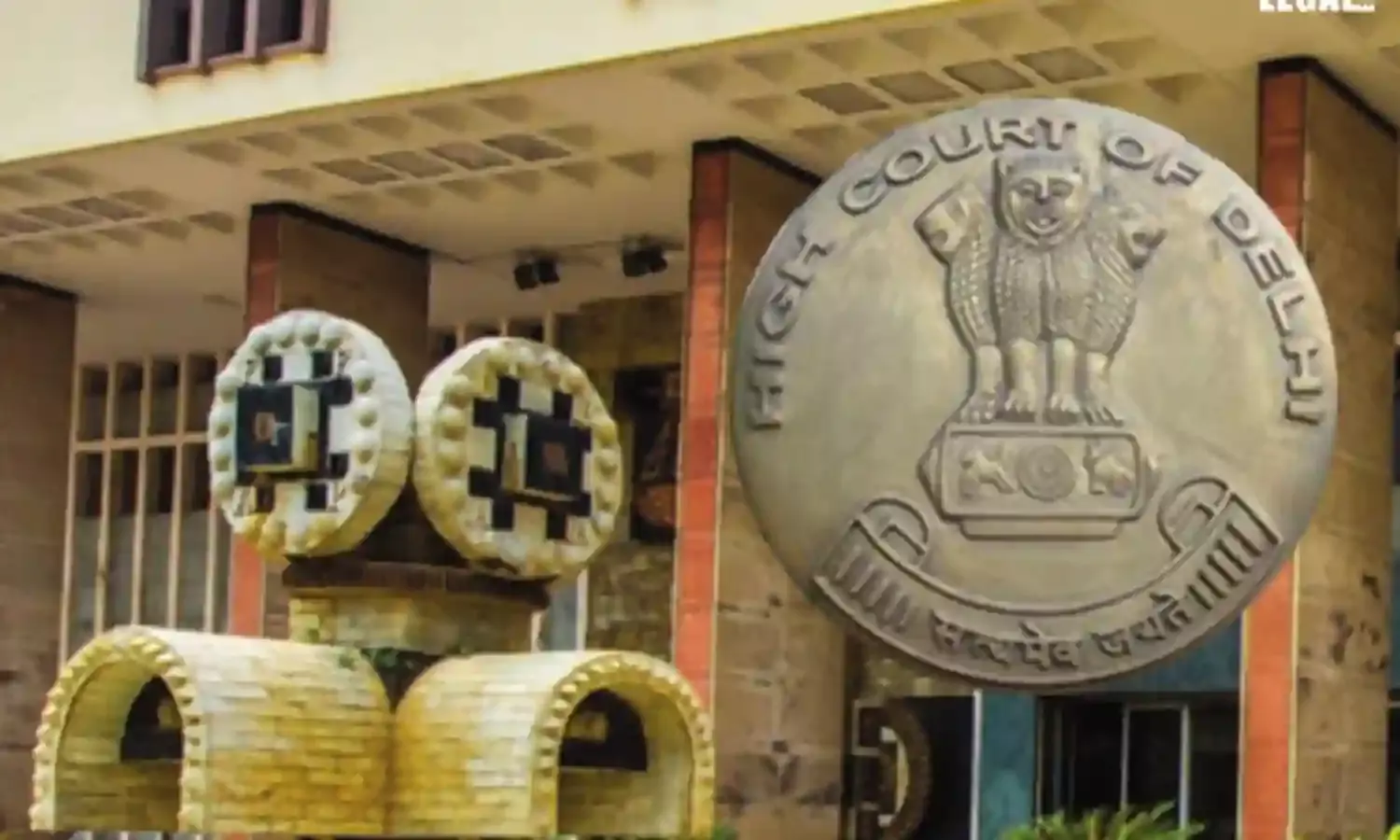Registration Of Shares In Favor Of The Pledgee As The "Beneficial Owner" Does Not Constitute A Sale Of Shares: Delhi High Court
The Delhi High Court has ruled that the mere transfer of shares to the pledgee as the "beneficial owner" does not constitute;

Registration Of Shares In Favor Of The Pledgee As The "Beneficial Owner" Does Not Constitute A Sale Of Shares: Delhi High Court
The Delhi High Court has ruled that the mere transfer of shares to the pledgee as the "beneficial owner" does not constitute a sale of shares, and the pledgee is not obligated to report any sale proceeds unless the shares are effectively sold to a third party.
Justice Neena Bansal Krishna observed that the pledgee retains the right to redeem the shares until they are actually sold. The court overturned an arbitration award that stated that once the pledgee becomes the beneficial owner of the pledged shares, it is entitled to credit for the value of the shares.
On 08.02.2012, an agreement was executed between STCI Finance Ltd. (the plaintiff) and Sukhmani Technologies Pvt. Ltd. In this agreement, STCI Finance Ltd. agreed to provide a loan facility amounting to Rs. 50 crore to Sukhmani Technologies Pvt. Ltd., against the pledge of shares belonging to Tulip Telecom Limited. This agreement was initiated in response to a request made by Sukhmani Technologies Pvt. Ltd., represented by its director, Mr. H.S. Bedi (respondents).
In accordance with the agreement, the parties proceeded to execute several loan and security documents. These included a facility agreement, irrevocable power of attorney, declarations, and post-dated cheques, all aimed at ensuring the security of the loan amount. As per these arrangements, the respondents pledged a total of 1,37,13,000 equity shares of Tulip Telecom Pvt. Ltd. in favor of the petitioner.
As a result of a significant decline in the share price and the respondent's failure to provide the necessary shortfall security, the petitioner invoked the shares on multiple occasions, recovering only a fraction of the outstanding amount each time. With the respondent unable to repay the remaining sum, the petitioner was compelled to initiate arbitration proceedings.
The arbitrator rendered a 'Nil Award,' noting that upon the petitioner's invocation of the pledged shares, it assumed the status of the beneficial owner eligible to receive the value of the pledged shares. The arbitrator pointed out that had the invoked shares been promptly sold at the time of invocation, the petitioner could have recovered the outstanding amount.
Both parties were aggrieved by the impugned award and subsequently challenged it.
The petitioner contested the award, arguing that the arbitrator's decision to issue a 'Nil Award' was erroneous. It contended that simply invoking the pledged shares did not grant the petitioner entitlement to the shares' value unless they were sold to a third party. Additionally, the petitioner emphasized that the pledged shares remained redeemable by the pledger until they were actually sold. Furthermore, the petitioner asserted that the value credited to the account should be based on the actual sale price of the shares, not their value at the time of invocation.
The respondent contested the award, arguing that the arbitrator's decision to issue a 'Nil Award' was erroneous. It was alleged that the arbitrator failed to determine the value of the invoked shares and neglected to credit any surplus amount.
The court referenced the Supreme Court judgment in PTC India Financial Services Limited vs. Venkateswarlu Kari and Anr., which provided clarity on the rights and duties of parties in matters concerning pledged shares. It stressed that attaining the status of "beneficial owner" of pledged shares did not absolve the pledgee from the responsibility of recording any sale proceeds until the shares were effectively sold to a third party.
The court ruled that merely registering shares in favor of the pledgee as the "beneficial owner" does not constitute a sale of shares, and the pledgee is not obligated to record any sale proceeds until the shares are genuinely sold to a third party.
The court affirmed that the pledgee retains the right to redeem shares until an actual sale occurs. Drawing from legal precedents established by the Supreme Court, the court deemed the 'Nil Award' contrary to the fundamental principles of law and consequently overturned it.

